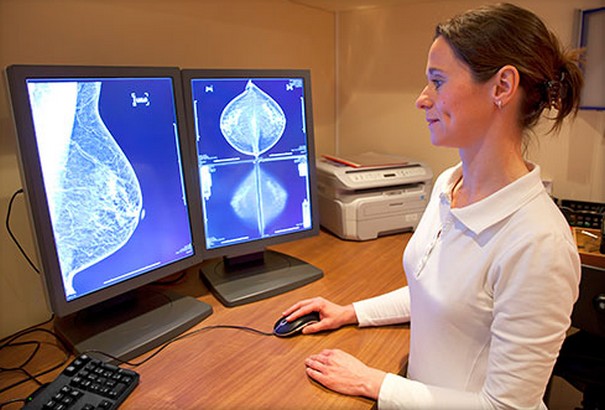Latest breast cancer research has fired up the movement for personalized treatment of the ailment.
The studies were published on Monday in Nature Communications and Nature. The researchers were able to discover new genes that may help turn normal cells into cancer cells.
The research was carried out by sequencing the genomes of hundreds of breast cancer facts from people around the globe. The report is also being regarded as very wide in scope since it sequenced whole-genome study of a certain type of cancer.
Doctor Serena Nik-Zainal, the lead study author said that her team wanted to profile every cancer patient in order to get better insight into the understanding of personal cancer genomes. Dr. Serena works for the Welcome Trust Sanger Institute.
Her team was able to recognize mutation pattern in more than 10 genes. These are known as mutational signatures. They are the mark of a biological process that goes wrong and turn a healthy cell into cancer.
Dr. Ni-Zainal ay that he could compile this data of genes as well as the mutation pattern in every patient in order to determine the personalized profile for every one of them. With the help of comparison and contrast a lot can be learned about individual cancer patient.
Researchers are hopeful that when the distinctive of breast cancer is established, it will help in using these patterns to identify if other people displaying the same abnormalities also have cancer.
One of the studies published in Nature Communications, the research revealed that the cancer mutations differ in the terms of where they may occur within the genome.
The research team also made it clear that they were able to identify the genetic changes and how they influence cancer therapy in a person by virtue of their position in the genome.
The study has uncovered some novel reasons of the development of breast cancer besides offering way of characterizing many type of mutation that may happen in particular types of breast cancers.
In the next step of the breast cancer research, the genomic data will be used for testing different drugs. The research lead said that in the future every woman’s tumor and tissues will be sequenced even if there is a suspicion of cancer.
She further said that the more data she and her team was able to gather, the more it will help them improve the methods of treatment.

